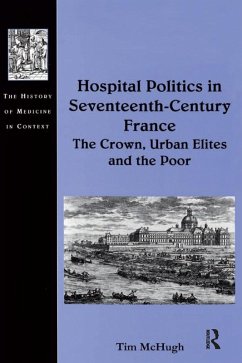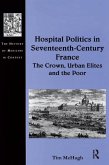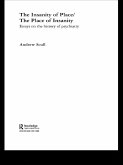The seventeenth century witnessed profound reforms in the way French cities administered poor relief and charitable health care. New hospitals were built to confine the able bodied and existing hospitals sheltering the sick poor contracted new medical staff and shifted their focus towards offering more medical services. Whilst these moves have often been regarded as a coherent state led policy, recent scholarship has begun to question this assumption, and pick-up on more localised concerns, and resistance to centrally imposed policies. This book engages with these concerns, to investigate the links between charitable health care, poor relief, religion, national politics and urban social order in seventeenth-century France. In so doing it revises our understanding of the roles played in these issues by the crown and social elites, arguing that central government's social policy was conservative and largely reactive to pressure from local elites. It suggests that Louis XIV's policy regarding the reform of poor relief and the creation of General Hospitals in each town and city, as enshrined in the edict of 1662, was largely driven by the religious concerns of the kingdom's devout and the financial fears of the Parisian elites that their city hospitals were overburdened. Only after the Sun King's reign did central government begin to take a proactive role in administering poor relief and health care, utilizing urban charitable institutions to further its own political goals. By reintegrating the social aspirations of urban elites into the history of French poor relief, this book shows how the key role they played in the reform of hospitals, inspired by a mix of religious, economic and social motivations. It concludes that the state could be a reluctant participant in reform, until pressured into action by assisting elite groups pursuing their own goals.
Dieser Download kann aus rechtlichen Gründen nur mit Rechnungsadresse in A, B, BG, CY, CZ, D, DK, EW, E, FIN, F, GR, HR, H, IRL, I, LT, L, LR, M, NL, PL, P, R, S, SLO, SK ausgeliefert werden.









